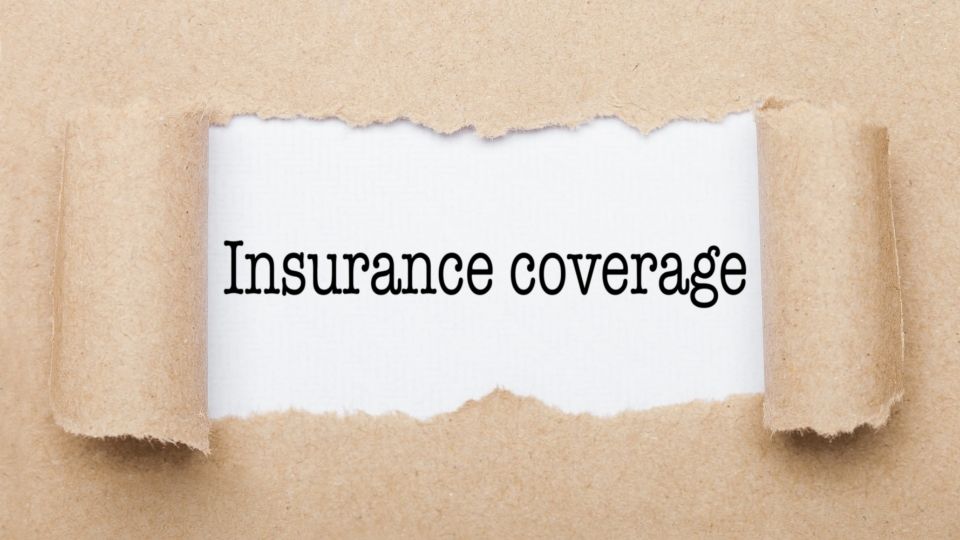Do you have mold in your home? If so, it is important to understand the coverage of your homeowner’s insurance policy. Mold can be costly to remove and eradicate, but not all homeowners’ policies cover the cost in every case. Will homeowner’s insurance cover your mold problem? Here’s what you need to know.
Why Is Mold Dangerous?
Mold is dangerous because it can be hazardous to your health. It can cause an allergic reaction (like sneezing, watery eyes, and coughing), asthma attacks, or other respiratory problems like shortness of breath or wheezing, skin irritation (like eczema), and eye irritations. Mold exposure also may make you more susceptible to infections in your lungs and other parts of the body.
Mold often appears in basements, bathrooms, bedrooms or any dark humid places. This is because mold feeds on moisture and when there’s a lot of humidity in these spaces then it can grow quickly and spread throughout your home.
Does Home Insurance Cover Mold?
Most homeowner policies cover mold if the source of the mold is something already covered by your policy. So the answer to, “Is mold covered by insurance?” is a not-very-helpful, “Maybe?”
For example, if your home floods and you do not have flood insurance as part of your homeowner’s policy, the resulting mold and its remediation are not covered by home insurance. The same is true if the mold develops due to neglect on your part, as most homeowner’s policies have clauses stipulating that you must perform the appropriate maintenance to prevent problems for them to be covered.
What to Do After Mold Has Appeared?
Whether or not mold is covered by insurance, if you start to find signs of a mold infestation, then contact your insurance agent immediately to clarify the terms of your coverage. Then, find an Atlanta mold inspection service to work with. A mold inspection will help determine the extent of your problem and allow you to better understand what treatments are needed in order to safely and completely remove the mold from your home.
Mold insurance coverage can be complicated, but it is important that homeowners have a clear understanding of what their policy covers in each case so they know how best to proceed if they have an issue with mold. If you need any more information about mold removal, speak with Mold-B-Gone.
Where could mold be lurking? Check out 7 Areas Mold Is Growing in Your Home!
Thinking about going DIY. Read: Reasons to Hire a Professional Mold Remediation Service.

